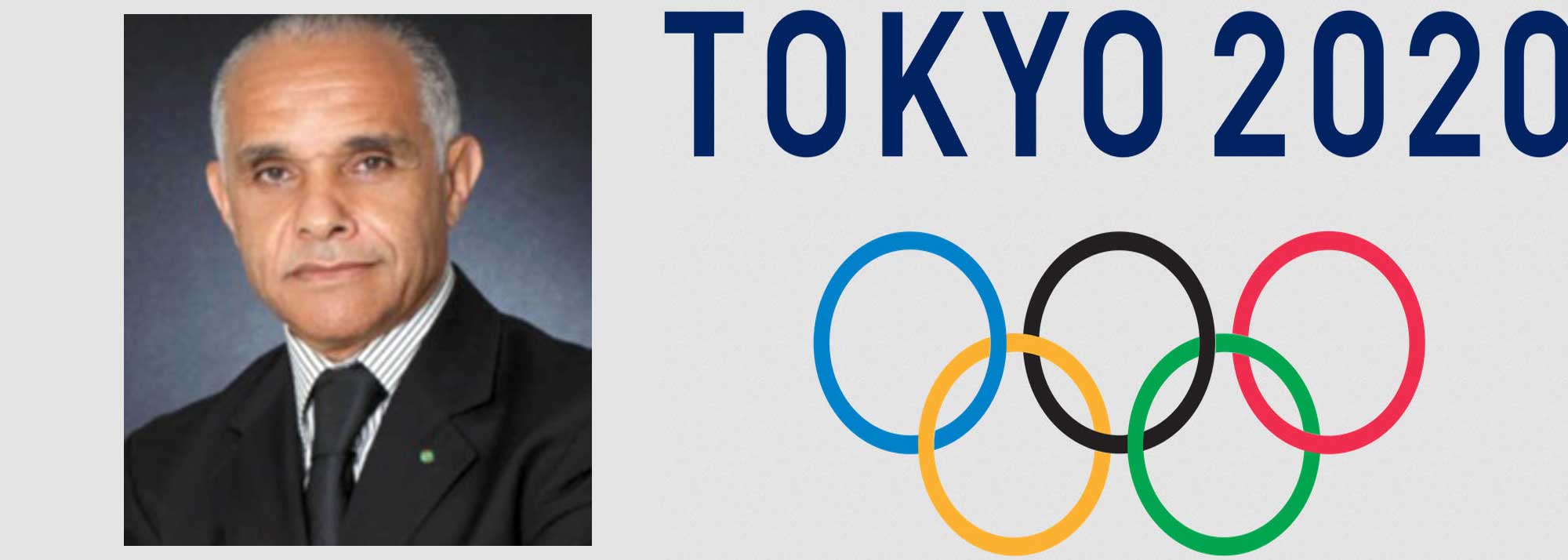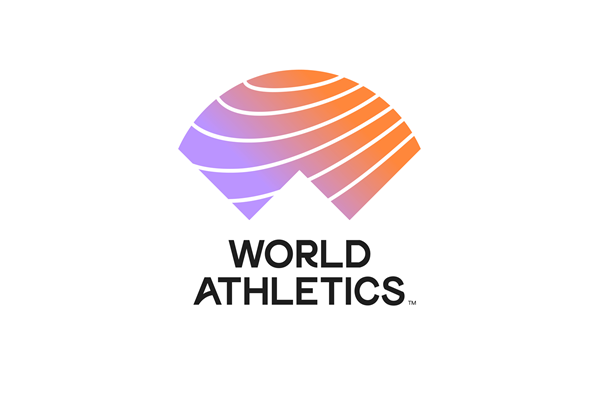Moroccan Aziz Daouda, Technical and Development Director of the Confederation of African Athletics (CAA) was sure to congratulate all CAA member federations who have managed to secure qualification for their athletes, despite exceptionally tough circumstances. The number of athletes who have qualified is exactly one third of those who participate regularly in the African Championships. In other words, the continent has come a long way and many countries, who until now had not managed to gain qualification for their athletes, are now present, some of who even are genuine medal prospects.
He also congratulated the athletes who have coped with the extreme challenges posed by the pandemic and made it to the Olympic Games.
In an interview on the official website of the CAA, Daouda explained that Africa “is keeping its chances alive not only in distance and middle-distance formats, but also in other events. The countries known to be world-class contenders in these events have not gone anywhere; while others have quietly added themselves to the shortlist of favourites, with even more punch in terms of world records, which have recently been improved on by African runners. I’m thinking about athletes from Uganda for example.”
He went on to add that, as in the past, Africa would take home medals in areas outside middle and long-distance running. However, he feels that people rarely talk about African athletes who excel in other events such as the triple jump where Hugues Fabrice Zango from Burkina Faso will be hard to beat and looks likely to take home the first Olympic medal in the country’s history, equally the young Algerian Yasser Mohamed Tahar Triki awaits with his 17m 36.
The former technical director of the Royal Moroccan Athletics Federation (FRMA) and the trainer of several Moroccan athletics stars, notably including the most highly decorated Arabic athlete, Nezha Bidouane, double world champion in the 400m hurdles, thinks that “African athletes will do even better. The progress made is such that it is only natural for them to be recognised. I think that the bar of 28 medals in Rio will be overcome with a greater diversity of medal-winning countries and also events”.
Even if until very recently, they have focused on middle and long-distance events, it is only out of tradition that African athletes have not placed more importance in other events which are also less universal for some. African athletes have instead continued in the successful footsteps of the first athletes who dazzled in their races. It should be remembered that our first medals were won by Abebe Bikila (Ethiopia) and Abeslam Radi (Morocco) in the marathon at the Rome Olympics of 1960; then by Mohamed Gammoudi (Tunisia) and Kip Keino (Kenya). This therefore established a tradition of sorts; these names and others became icons and role models for African youngsters” he added.
Aziz Daouda offered a reminder that the world was surprised, for instance, to see an African win the 400m hurdles in John Akii Bua (Uganda) at the 1972 Munich Olympics as well as setting the world record (47:82) or even the javelin at the World Championships won by Julius Yego (Kenya).
“In fact, we have always had a presence in almost all events, even if it has been with less clear-cut success; nevertheless, we are always there among the sprinters, jumpers and throwers. In 1972 in Munich, we already had a shot-put finalist, namely the Moroccan Samsam Lahcen Akka (Big Simba) and in Rio the Congolese athlete Frank Elemba finished 4th in the shot-put”.
Fredericks, Hammad, Brits, Mbango, Cloete
He continued by asking whether we even needed to remind people of the historic involvement in sprint events of Frankie Fredericks (Namibia) or even the silver medallist Abderrahmane Hammad (Algeria) in the high jump in Sydney. Abderrahmane is now the president of the Algerian Olympic Committee. We should also mention South African Okkert Brits and his 6m03 pole vault, or his compatriot Hestrie Cloete and her 2m06 high jump. Without forgetting the athlete from Cameroon, Françoise Mbago Etone and her two gold triple-jump medals won in Athens and Beijing”.
Do we really need reminding that Nawal El Moutawakel, the first Olympic champion over the 400m hurdles, was African, or even of Nezha Bidouane, double world-champion and bronze silver medallist at the Sydney Olympics in the same event?
“We are of course happy to be known as the continent of long-distance running par excellence, something we are proud of and do our best to maintain, despite the ever-stronger competition in these events, which is often the consequence of certain Africans being naturalised in countries outside the continent” he noted.
“The development strategy shaped by the CAA, with the support of World Athletics, the efforts which we are making, particularly with the help of our development centres of which there are currently 7; the plans to open other centres in the near future; the performance indicators that we are in the process of developing and launching across numerous areas of the continent, will soon bear fruit and believe me, Africa is the continent of the future for global athletics. We are the only continent with athletes taking part in competitions 365 days of the year all over the world. We make up over 35% of athletics participation worldwide. Tens of thousands of young people take part in athletics, even when times are tough, spurred on by images of our iconic legends.” he concluded.
By Mohammed Benchrif








